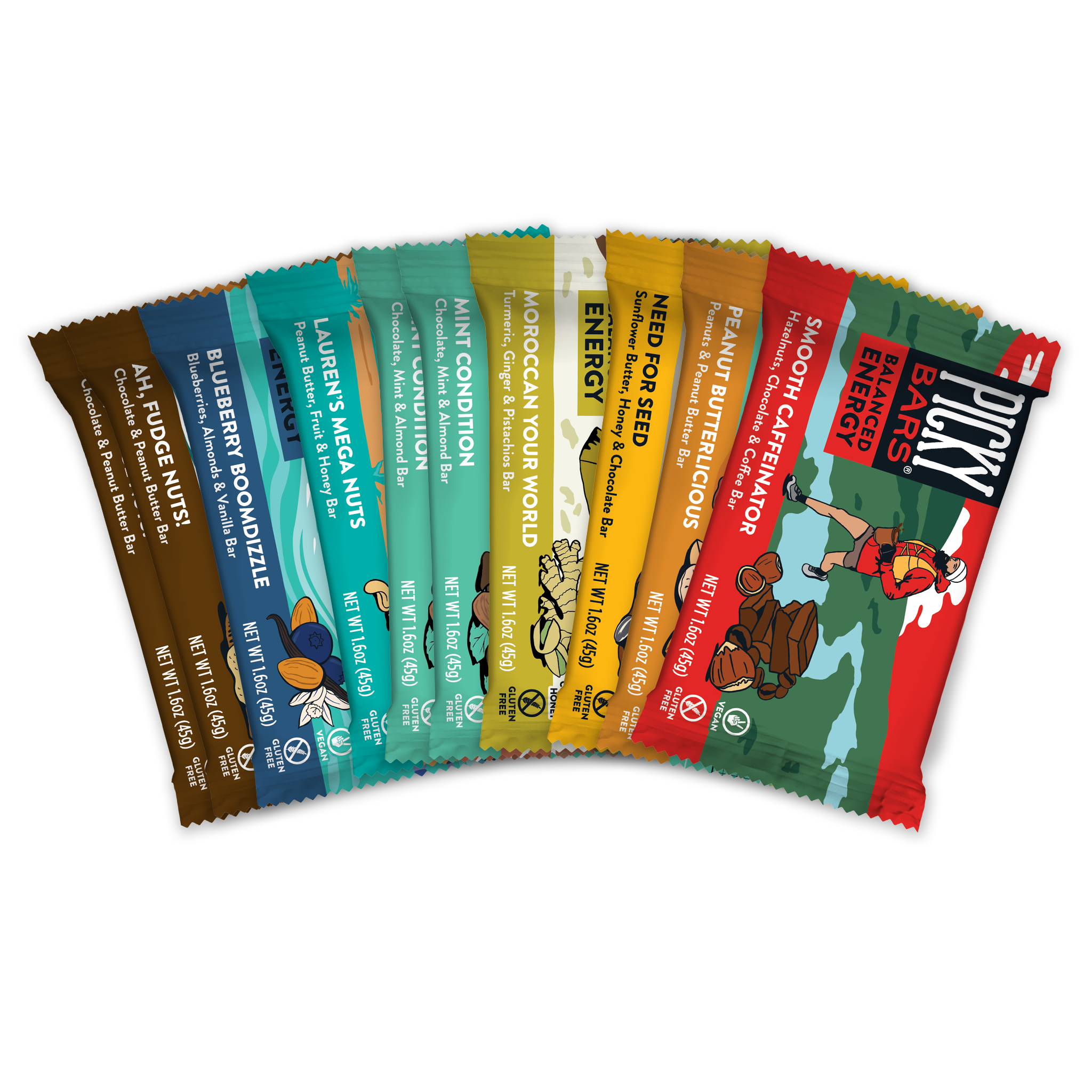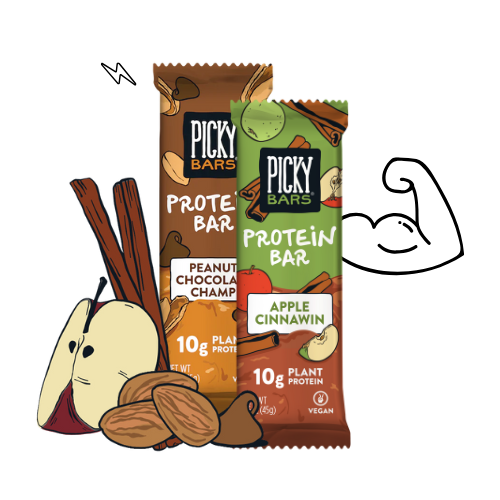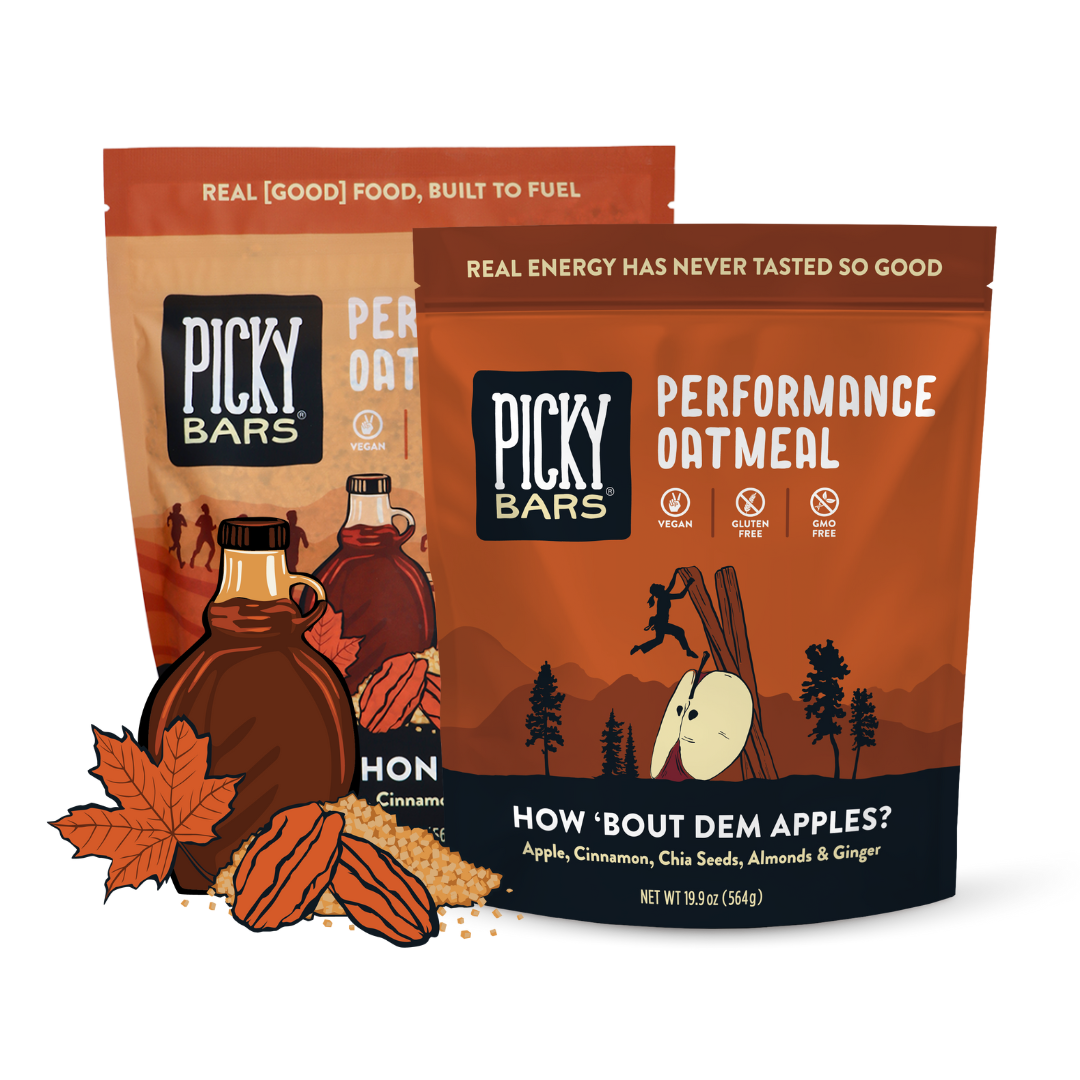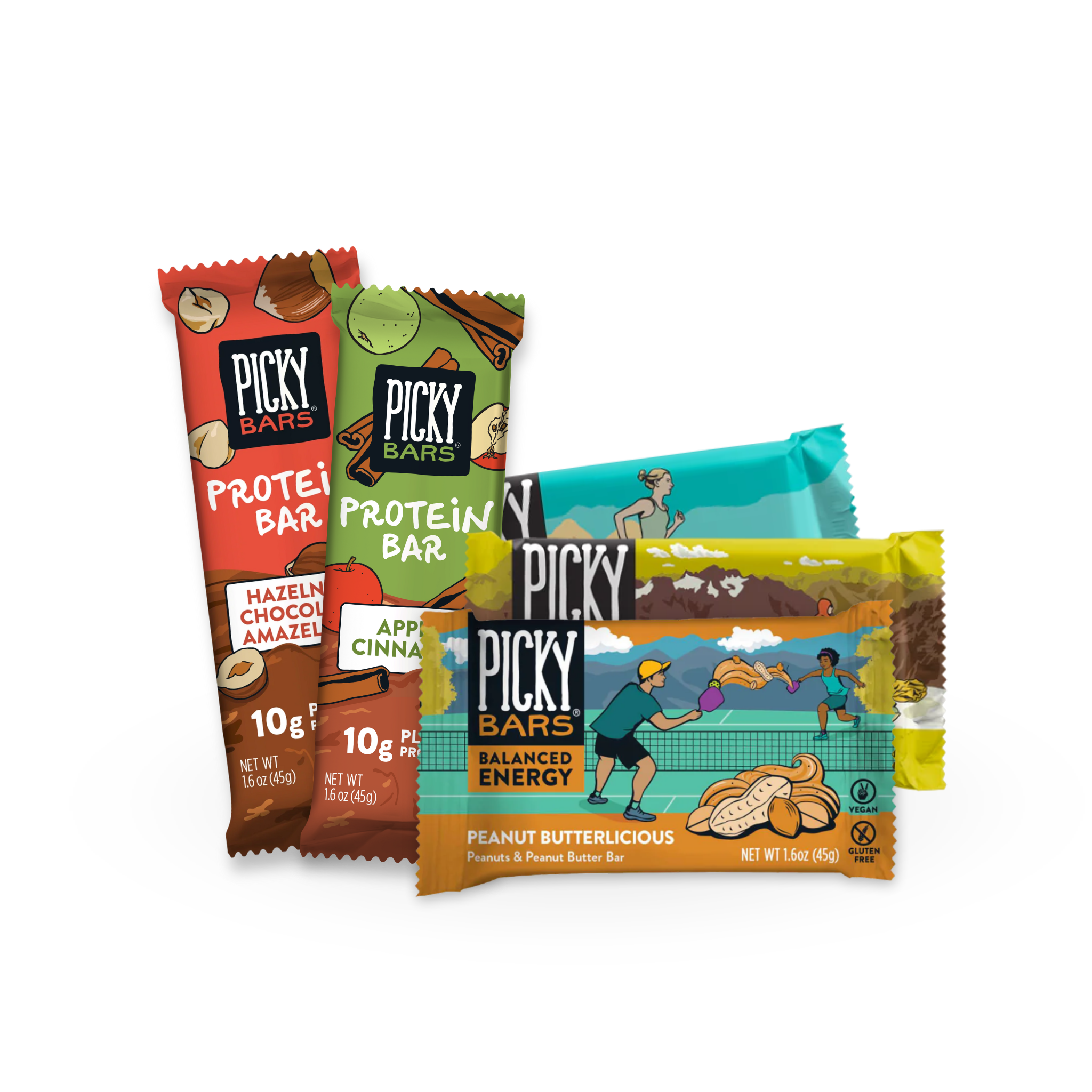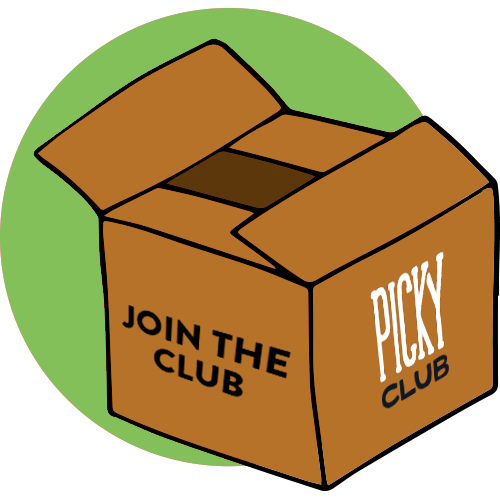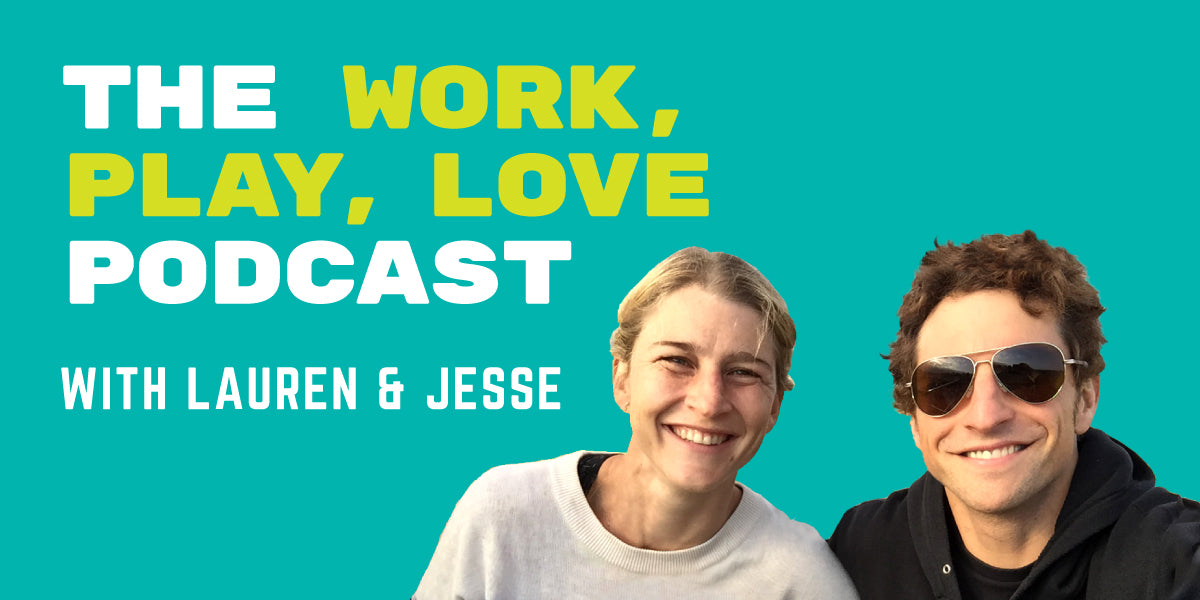

· By Sarah Conklin
38: Injury ID, Food Relationships, Clydesdale
Juggling work-life balance can be a real three-ring circus, which Lauren & Jesse know first hand. Led by listener questions, this new podcast is all about sports, biz, and family. [ASK YOUR QUESTION]
38: Identifying Injury, Relationship to Food, Athena-Clydesdale Division, Sandbagging
iTunes | Spotify | Google Play | Stitcher
Description:
Sometimes when you have an extended car ride with your spouse, you run out of things to talk (or fight) about, and you decide to fire up a podcast episode! Lauren and Jesse answer listener questions during the car ride from Bend to Eugene—road noise and all—and today’s episode is all about being in touch with your body. They discuss how to identify, deal with, and hopefully avoid injury. They share how they approach their kids’ relationship to food. Plus, they weigh in on the existence of the Athena/Clydesdale division and its implications regarding body weight and performance, and they cap the episode off by talking sandbagging. It’s full of great insight from Lauren, Jesse, and WPL listeners.
What's Goin' On:
J: Update! Jesse’s foot is still broken (major sad face). He talks about the multiple devices from crutches to a “roller foot,” that he’s using to deal with his injury, and how the injury is impacting life at home. He also gives an update about stocking issues at Picky Bars, and lets Picky Club members know that they can expect a sneak peak at a brand new product this month!
L: While Jesse’s experiencing a downturn with sports, Lauren is enjoying an upswing. She’s running. She’s skiing. She’s loving life. She’s also loving violin lessons and talks about her experience developing this new skill, one jig at a time.
Warm-up laps
11:19 - Do either of you wear compression socks or sleeves? Which do you prefer and why? When do you wear them if you do (like after a run or during)?
J: I have used compression stuff off and on. I’ve heard that compression science is mixed, so I don’t necessarily buy into it. I have worn compression socks during long runs, and on runs that required greater effort, and I felt like maybe they made my legs feel a little bit better.
L: I don’t really use things like these anymore. I do keep a pair of compression socks around for when I feel like my calves are sore—it’s kind of like a hug. I’m not really in the preventative-compression camp. That said, I know some really smart and fast people who use them all the time. So I think it’s a personal preference thing.
13:29 – I am a distance high school runner, and I am unsure why most nights I have trouble falling and staying asleep. Do you have any tips that can help me to fall asleep faster and stay asleep longer?
L: I mean…high school, age, puberty, hormone fluctuations—I lost a lot of sleep over boys I had crushes on! So there’s so much going on in high school that it’s hard to give a good answer here. I would say if insomnia is an issue for you and the normal go-to things to address it aren’t working or you, then you should see your doctor. But otherwise, search the internet for remedies for insomnia. Some of those things include: no screens—stop using your phone and computer two hours before bed, don’t sleep with your phone, try a mindfulness app or YouTube video to help calm your mind before bed. Other than that, I would say make sure your bed is comfortable, and try to create a sacred space in your bed—that means no homework or other work in your bed. Try and keep that space just for sleeping. I would recommend all of these things before something like a sleep aid like melatonin, and even though sleep aids can be over-the-counter, you should talk to a doctor before attempting to use them.
J: I agree with everything Lauren said. And the only thing I’ll add is that routine is key. Trying to build a routine around bedtime is key to getting good sleep. As a runner, another indicator to look out for when you’re not getting good sleep is whether you’re overtraining. I find that when I’m over trained, I am restless and I have a harder time falling asleep.
18:37 - I saw on IG that Jesse once at 17 Picky Bars in one day, so I guess my question is HOW? WHY? WHAT FLAVORS? ANY REGRETS? And Lauren, what's your max picky bar count for a day?
L: Mine’s six.
J: Lauren’s is six. I have six on Monday morning. I do remember eating 17 Picky Bars one day. But it was probably a BIG training day. I may have done a triathlon that day – with a 1.5-hour swim, a 5-hour bike, and a 30-minute run. So even with all of those bars, that may have only been half of my caloric intake for that day. My favorite flavors are Ah, Fudge Nuts! and Need for Seed.
21:22 - Follow up to a response in Episode 34 (which I think was already follow up to a previous episode so a little meta there)... About doing strength training before runs, has Lauren seen results from that yet? I started trying it a few weeks ago out of necessity (schedule change) but am finding my runs are still suffering (especially hard run workouts). Are the Little Wing athletes adapting already?
L: The quick answer is that we have not gone full-immersion into this yet…so stay tuned.
The Meat and Potatoes
22:41 - Jesse, I am curious if looking back at your half-marathon build up there were any signs that you should have backed off with your foot? Obviously as runners, we have occasional aches, pains or niggles, but I am wondering if you (or Lauren) have any insight on telltale signs or signals that you should back off in reference to a particular ache or pain. Basically, how do you KNOW without actually knowing if you might be getting a stress fracture? Would love to hear what advice you have, especially Lauren as a coach and former professional runner. How do you tell the difference between muscle soreness, joint stiffness and bone pain?
J: My feet kind of constantly hurt, so it can be difficult to tell. But there are a few things I do—a few tests that I do to help me know whether or not I’m injured or am near injury. First, it’s important to recognize your pain levels. When I’m feeling pain during a run, and it’s at a 7 (out of 10), I know that 2-3 days rest will help me heal most issues. But if I let it go into an 8 or 9 range, then we’re looking at 2-4 weeks of required rest. And that difference between 7 and 8 can be difficult to understand. So it’s really tough. Other things I pay attention to are: does the pain hurt the more that I run? Is the duration of my run making the pain worse? If so, it’s more likely what I’m feeling is an actual injury, not just a niggling issue.
Looking back at this past race, there were some signs of trouble, but not enough that I was at all concerned about my foot for this event. In fact, my fitness was going up! The bottom line is that it can be really difficult to tell when and how you’re doing damage that leads to an injury.
Lauren and Jesse go on to talk about other things to consider in your training and things to pay attention to to help you avoid injury. They discuss Jesse’s injury and speculate about causes and what he could have done differently. And the acknowledge that injuries can sometimes be a mystery, which is an incredibly challenging aspect of being a pro athlete.
34:54 - You both have talked a little about your relationship with food. How does that extend to the way you feed Jude and Zadie? I'm always scared I'm creating unhealthy associations for my 1-year-old with food, accidentally praising him for eating or using food to calm him down (is he upset because he's hungry or is he just upset??). I was taught to clean my plate if I was full, and that treats were a reward for good behavior - which may or may not have contributed to my current state as an emotional eater. And his BMI is in the 80th percentile, which isn't probably an issue yet, but I worry that if I worry about his weight, I'll transfer my own insecurities about weight and not overeating to him. Don't worry, I've already talked about these concerns with my pediatrician and therapist - so at this point I'm just looking for a new perspective, not professional help.
L: I think it’s great that you’ve spoken to the professionals you mention. These are many of the same questions I’ve dealt with in wanting to set my kids up with a good relationship with food, and not pass on bad habits I’ve picked up along the way that may have been caused by marketing forces or fat phobia and other things going on in our culture. Some of the things I think about first is fat phobia. You can be healthy at any size body. And there’s nothing inherently wrong with being fat or overweight. So I’ve started with that base approach with my children. From there, I try to pass along things I’ve learned over the years about having a healthy relationship with food. To me that means being free from worrying about it all the time. In order to achieve that, I’ve had to learn to listen to my hunger and fullness cues. Being in conversation with my body about food: do I want that? Do I not want that? Why? Do I feel this way about a particular food because someone else thinks it’s good or bad, or is it my own belief? One of the ways I pass these things on to my children is to have eating time be eating time. We don’t ingest media or do other activities when it’s eating time, because during this time when they’re developing relationships with their bodies, it can distract them from engaging with their food and understanding how it makes them feel.
J: I agree with Lauren for the most part. My approach is really to try and not make things around food a big deal. We’re very aware of the language we use around body size when talk to Jude. And I just try to avoid the things that I learned as a kid. If I learned that some food was a “treat” or “off limits,” it made me want to try and have it more! And then I would try to acquire it and hide it and it just developed into some not great behavior.
L: What I’ve tried to communicate to Jude is that some food really nourishes the body—it helps us build muscles and strengthen bones and feed your brain. And there are other foods that are good—they taste good—but they don’t really offer that nourishment, and we want to spend most of our time eating those nourishing foods.
46:36 - I was about to register for a half marathon when I noticed an Athena/Clydesdale division option on the registration form. I am a woman and the Athena division is split into two sections and open to women from 140-160lbs and 160lb+. I am trying to tell myself that this should not bother me and the race is probably designed by people who don't realize why this might be an issue for some. I have never, will never, and probably SHOULD never be under 140lbs. I beat women who have a more "typical" runners' body at many races. I don't intend to enter the Athena division at this race. However, just seeing this designation has brought up feelings about how I am not "supposed" to be as fast as women who weigh less than I do and that to improve in my athletics, I should make an effort to lose weight. Does this division imply that people who weigh more should only be compared to each other? That their results are inherently different based on weight? That we should get a special prize for being fast AND being 150lbs?
Jesse and Lauren discuss the topic of Athena and Clydesdale divisions. Since neither have done a ton of road or community races, they don’t know very much about these categories in the running world. They consider why the Athena and Clydesdale divisions may have been created and acknowledge the pros and cons (many of which the listener points out!) of the existence of the categories. Most importantly, Jesse and Lauren want to know what you think about these categories! Let us know!
56:28 - Lauren's talked in the past about "sandbagging" -- a personal defense mechanism against her own and others' expectations. I have a friend who is a master, frequent sandbagger, and to be honest, it's kind of (really) frustrating. I'm probably being hypocritical because I'm sure I've also used sandbagging in the past, and regardless, I want to have empathy for my friend and not just be annoyed...but alas, I find it hard to be around. As a result, I probably don't respond with a lot of patience for it anymore. Maybe because it feels like she's fishing for compliments? Or because she's faster than me (and she's objectively, crushing-BQ-level fast) and it feels hard to have to always be reassuring her? She's a generally insecure person, and while that's a different story, it probably compounds this running sandbagging in my mind. We spend a lot of time together because we share a lot of friends and a lot of different interests and overlapping communities and gatherings, so it may just be that I hear the sandbagging a lot while others hear it just that one time. Anyway, question for Lauren: What are you looking for from a friend when you sandbag in their presence? And has a friend/teammate/coach/other person in your life ever called you out on it/told you it's hard for them to be around? And for Jesse, when Lauren sandbags, how do you handle it? At the risk of an un-socially acceptable question...does it ever feel annoying?
J: Well, to be fair, I am probably more of a sandbagger than Lauren is. But as the question says, sandbagging is a natural defense mechanism. And I have used it to help buffer my own expectations and the expectations of others. I can imagine that being on the flip side—being on the receiving end of a sandbagger—that can be pretty annoying. And I have friends who give me shit about it.
L: It can be annoying especially if you sandbag to someone and then go on to crush them afterwards. I do think there are different levels or degrees of sandbagging. When I do it, I’m not fishing for reassurance from others. When I do it, I generally don’t communicate my sandbagging in a way that invites a response at all! I don’t want to be thinking about the race, that’s why I’m using the technique in the first place. Fishing is a different story. When people tear themselves down in hopes of having someone build them back up, that’s annoying. And it’s not fair to others.
J: Yeah. If your friend is doing that, it’s probably a good idea to talk to them about it and tell them how you’re feeling in the kindest and gentlest way possible.
L: If you really love and care about someone, and you lead with that, that can be helpful.
Follow-ups
- Jesse, why did you say you use almond “milk” in your overnight oats? It’s not milk, it’s nut juice! Lauren even had to differentiate that she uses whole milk - from a cow. Please please please let the people know that “almond milk” is a nut product, not real milk!
- Follow up to episode 37, quasi injured Boston runner’s question. I became injured during training for my Boston and had a “seven week taper.” Beat piece of advice I got leading into the race is that your first Boston should be a celebration of all the hard work it took to get you on the starting line. Soak in every minute of the historic course and all the landmarks along the way. I ended up starting in the very back of my wave to minimize any competitive day-of urges and ended up with a bunch of people doing something similar! I had the most fun I’ve ever had running a marathon. Good luck running and enjoy every minute!
- Hi! This is a follow up to the question about setting expectations in episode 36: The weekend before listening to episode 36, I had the toughest 20 miler I’ve ever run. When I say I bonked, I bonked HARD. I am also running Boston and a wonky hip has derailed my initial game plan. I haven’t had a single long run that went “well” or increased my confidence. And I’ve been trying to grapple with the balance between knowing that I earned my spot in Boston and feeling like I’m wasting it if I don’t perform well. All I wanted to say is that your answers on the podcast nearly brought me to tears, and your words really stuck. I don’t expect you to read this on the podcast but I just want you to know that you’re not just shouting out into the great void of your “650,000” listeners, and that your thoughtfulness in answering each question means a lot to me.
As always, submit your work/play/love question at pickybars.com/workplaylove - Thanks for listening!

[ PAST EPISODES + DESCRIPTIONS ]

